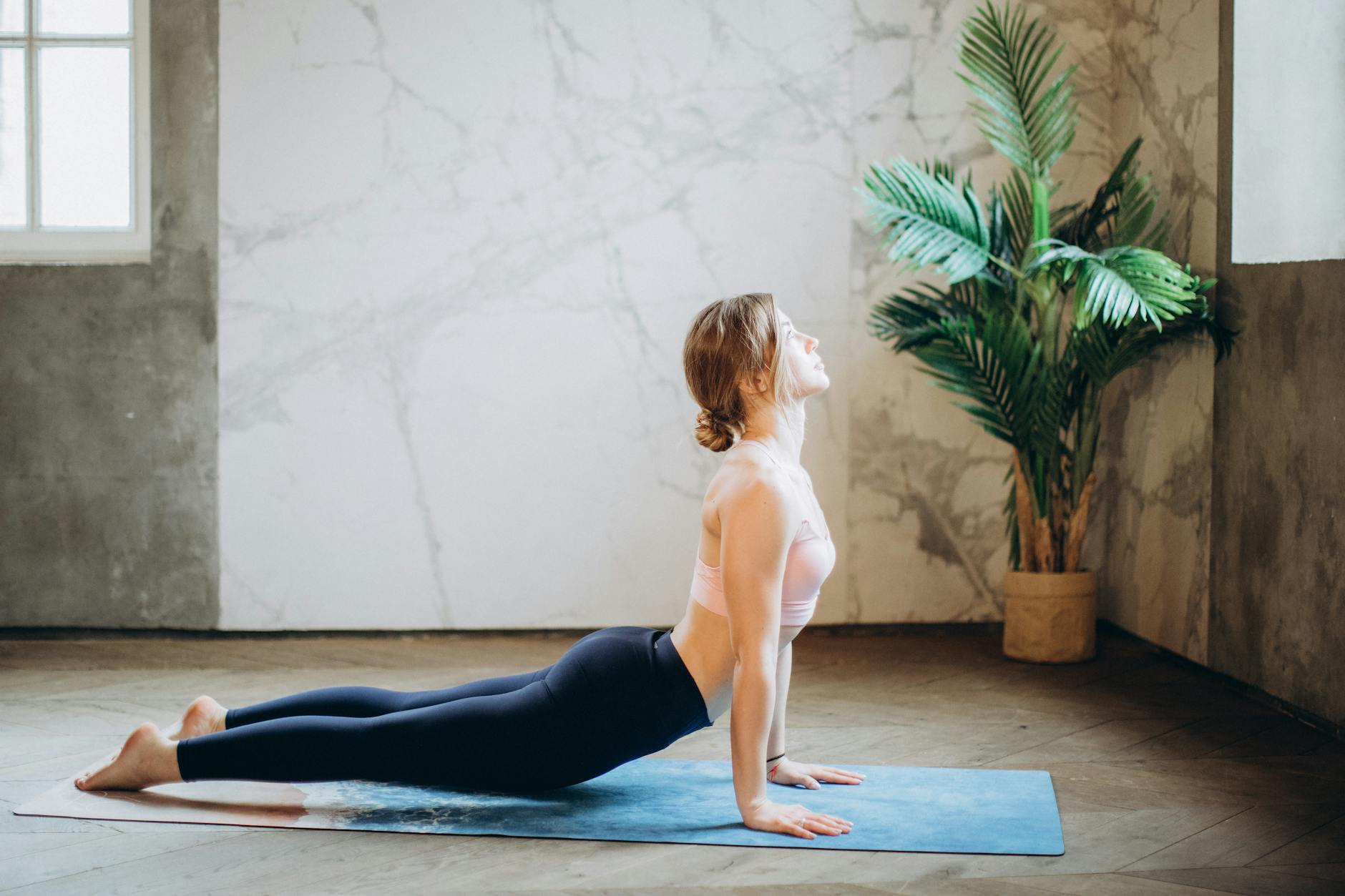What is physical activity?
What is physical activity?
Physical activity is more than just a buzzword; it’s a crucial part of a balanced lifestyle. In our fast-paced world, where technology often replaces movement, understanding the importance of staying active can have a profound impact on our overall health and well-being. Engaging in regular physical activity not only helps us maintain a healthy weight but also enhances our mental health and quality of life.
Defining Physical Activity
At its core, physical activity encompasses any movement that expends energy. This includes everything from walking to work, playing with your kids, to hitting the gym for a structured workout. It’s important to distinguish physical activity from exercise. While all exercise is physical activity, not all physical activity qualifies as exercise. Exercise is typically planned, structured, and repetitive, like jogging or cycling, aimed specifically at improving physical fitness.
Types of Physical Activity
Physical activity can be categorized into several forms, including:
- Leisure Activities: These are activities that you enjoy in your free time, such as dancing, gardening, or hiking.
- Occupational Tasks: Jobs that require physical exertion, like construction work or even standing while you work, contribute to your activity levels.
- Household Chores: Everyday tasks like cleaning, cooking, or lawn work also count as physical activity.
- Structured Exercise: This includes activities specifically designed to improve physical fitness, such as weightlifting, aerobics, or yoga.
Understanding these categories can help you identify opportunities for integrating more movement into your daily routine. For more detailed examples, the CDC provides a comprehensive overview.
Intensity Levels
Physical activity can also be classified by intensity, which can affect how much benefit you derive from it:
- Light Intensity: Activities like casual walking or stretching. You can easily hold a conversation during these activities.
- Moderate Intensity: This includes brisk walking or cycling. During moderate activities, you can talk but would struggle to sing.
- Vigorous Intensity: This involves running, swimming laps, or high-intensity workouts. You’ll find it hard to say more than a few words without pausing for breath.
Recognizing these intensity levels can help you tailor your activity to fit your fitness goals and capabilities.
Benefits of Physical Activity
The advantages of engaging in regular physical activity are numerous and significant.
Physical Health Benefits
Physical activity plays a vital role in enhancing cardiovascular health, building strength, flexibility, and overall fitness. Regular movement helps to:
- Control Weight: Engaging in physical activity burns calories, which can contribute to weight management.
- Reduce Health Risks: Regular activity can lower the risk of diseases like heart disease, diabetes, and certain cancers. As noted by the World Health Organization, physical activity is essential in the prevention and management of various noncommunicable diseases.
- Boost Immune Function: Moderate physical activity can improve your immune system, helping you fend off illness more effectively.
Mental Health Benefits
The impact of physical activity on mental health cannot be overstated. Regular movement can lead to:
- Reduced Anxiety and Depression: Physical activity can elevate mood and reduce feelings of anxiety. According to a report from the American Heart Association, exercise can serve as a natural mood lifter.
- Improved Cognitive Function: Engaging in regular activity helps keep your thinking and learning sharp as you age. It can also enhance your judgment skills.
- Stress Relief: Physical activity stimulates the production of endorphins, which can help combat stress and promote relaxation.
Recommendations for Incorporating Physical Activity
If you’re looking to boost your physical activity levels, here are some practical tips.
Setting Realistic Goals
Start by setting achievable physical activity goals. Consider your current lifestyle and choose targets that fit into your routine. Whether it’s aiming for 10,000 steps a day or committing to a 30-minute workout three times a week, it’s essential that your goals are:
- Specific: Define exactly what you want to achieve.
- Measurable: Track your progress toward your goals.
- Achievable: Ensure your goals are realistic.
- Relevant: Align them with your personal interests and lifestyle.
- Time-bound: Set a deadline to help stay motivated.
Making Physical Activity Enjoyable
The best way to stick to a physical activity routine is to find enjoyment in it. Whether it’s joining a local sports team, taking dance classes, or simply walking in nature, engaging in activities that you love will make it easier to stay active consistently.

Photo by Elina Fairytale
Overcoming Barriers to Physical Activity
Many people face challenges when trying to stay physically active. Here are some common barriers and ways to overcome them.
Time Management Strategies
Lack of time is one of the most cited barriers to physical activity. To overcome this, consider monitoring your daily activities for a week. Identify at least five 30-minute slots you could dedicate to activity. You’d be surprised how small, consistent changes can add up. For additional tips, visit the CDC’s resource on overcoming barriers.
Staying Motivated
Staying motivated can be tricky, but several techniques can help. Consider working out with a friend or using a fitness app to track your progress. Setting mini-goals can provide rewards along the way, keeping your spirits high. If you encounter setbacks, remember that consistency is key, and every bit of activity counts.
Conclusion
Physical activity is an integral component of a healthy lifestyle. Its benefits extend far beyond just physical fitness to encompass mental wellness and emotional stability. Whether you prefer intense workouts or leisurely walks, finding ways to incorporate more movement into your day is essential. Remember, even small changes can lead to significant health improvements. So seize the opportunity to get moving today, and embrace all the positive effects that come with it!